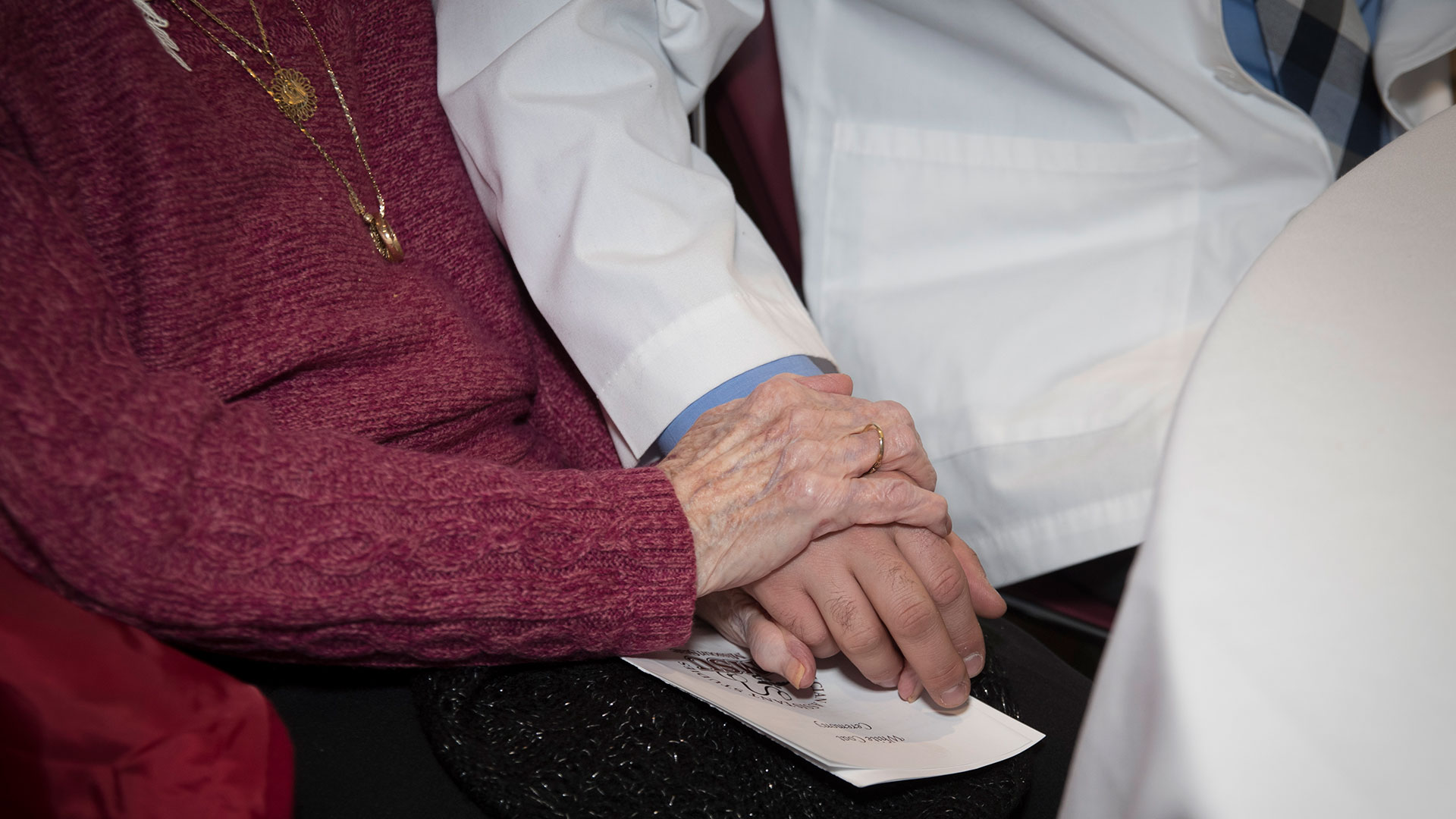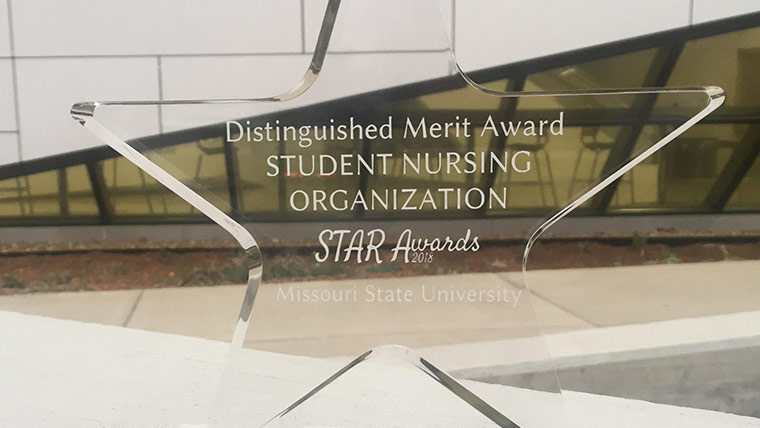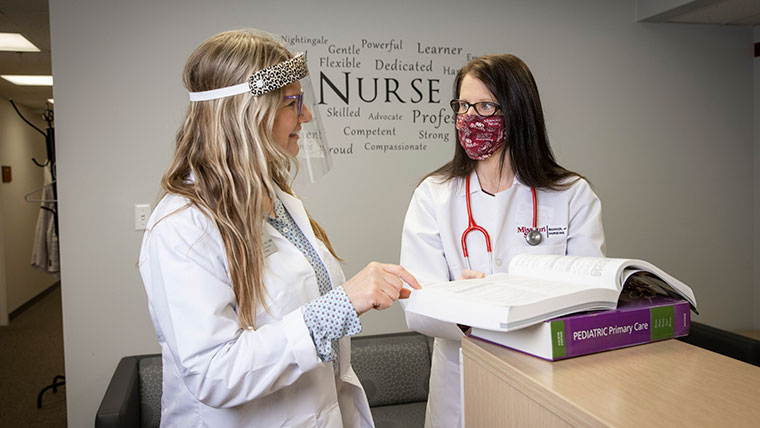BSN to DNP: Adult Gerontology-Acute Care Nurse Practitioner Option

Manage pain and illness in adult patients
Specialize in providing critical care to younger and older adults.
This option will help you diagnose and treat a range of complex and acute conditions.
This option will help you diagnose and treat a range of complex and acute conditions.
Degree options
Want to take the adult gerontology-acute care nurse practitioner option? Review the program requirements for the exact courses you need to take.
Use a four-year plan as the guide for your overall schedule.
Why take the adult gerontology-acute care nurse practitioner option?
- Expand your clinical knowledge - Build on your assessment and diagnostic skills by practicing acute care theory and techniques in a direct-care setting. Say "yes" to learning opportunities that will strengthen your acumen in nursing.
- Learn within your schedule - Enjoy a hybrid of both in-person and online courses, making your classtimes more convenient for you.
- Increase your pay and career prospects - A DNP will help you advance into higher levels of health care leadership and administration. Add to your professional credentials and get a boost in your salary.
- Benefit from mentorship - Your training will get you connected to health care professionals who can help open doors for you in your field. Expand your learning under the guidance of experienced faculty.

Careers and outcomes
Become a specialist in adult critical care.
Ethics
Here, you'll live by a code of ethics and adopt a culture of caring.
Accreditation
The BSN, MSN, DNP and post-master's certificate programs at Missouri State University are accredited by the Commission on Collegiate Nursing Education (http://www.ccneaccreditation.org).
Graduate Nurse Practitioner Programs are not regulated in Texas by Section 132.001(1)(B).
Approval
Missouri State Board of Nursing: Bachelor of Science in Nursing (four-year BSN).



